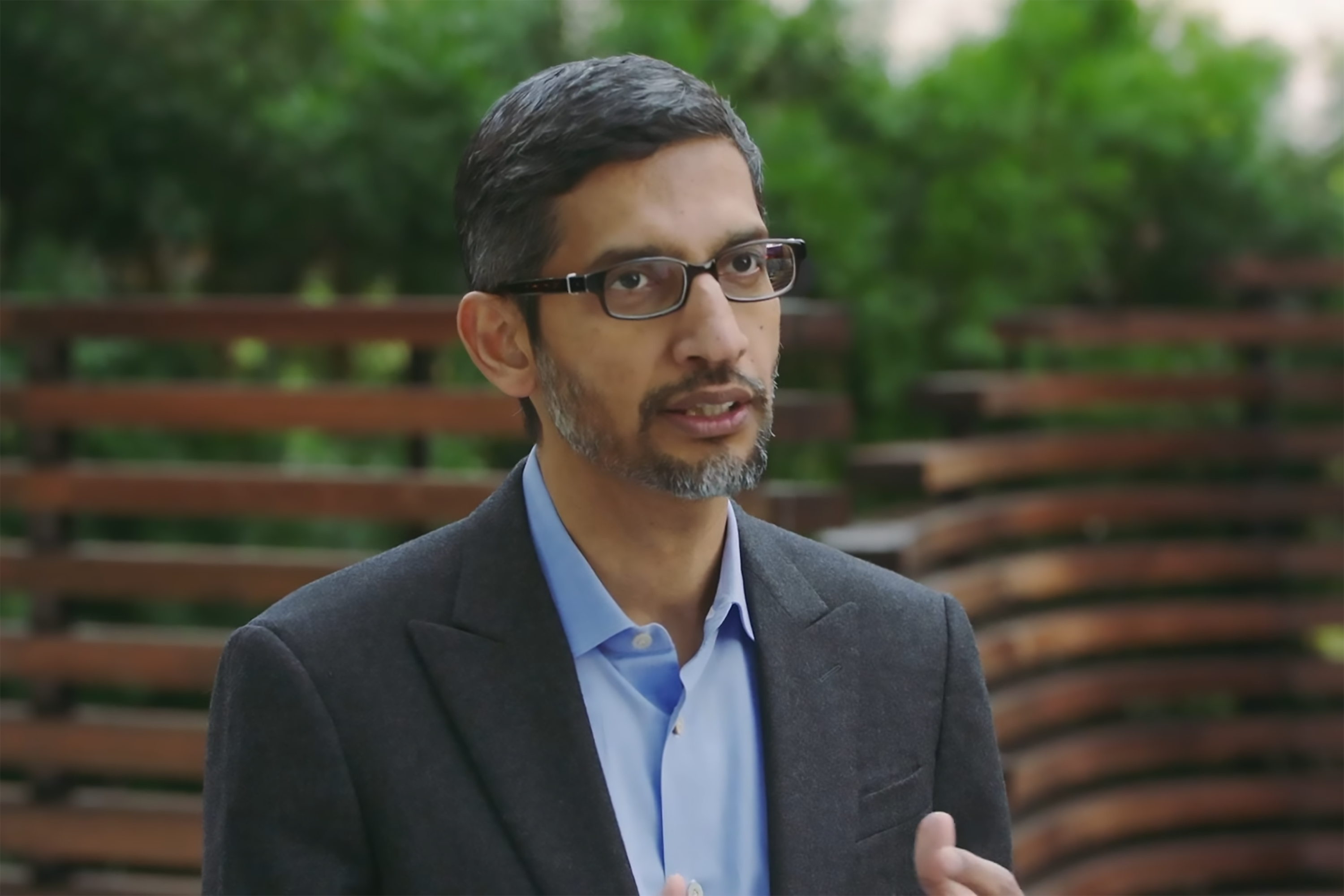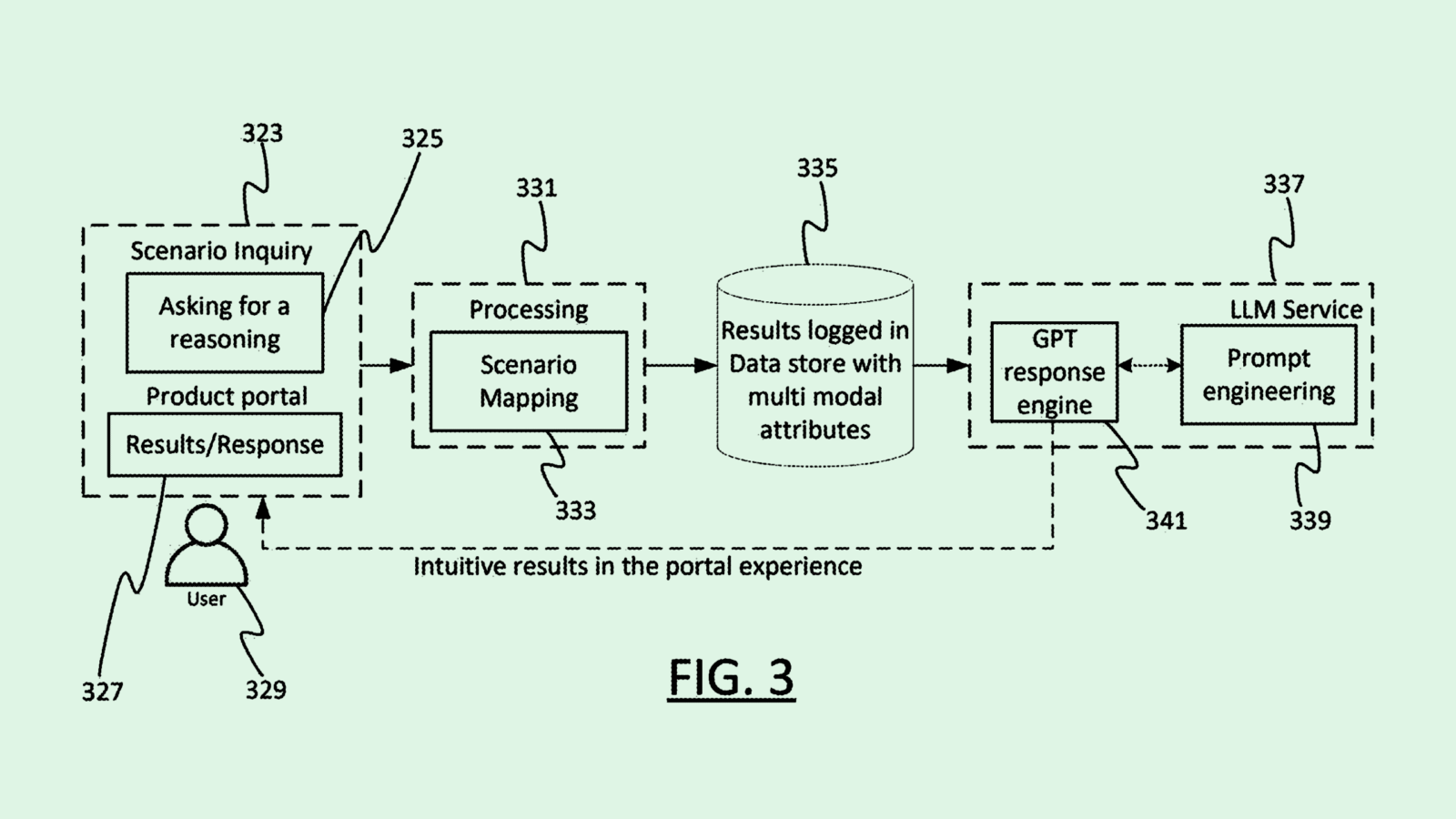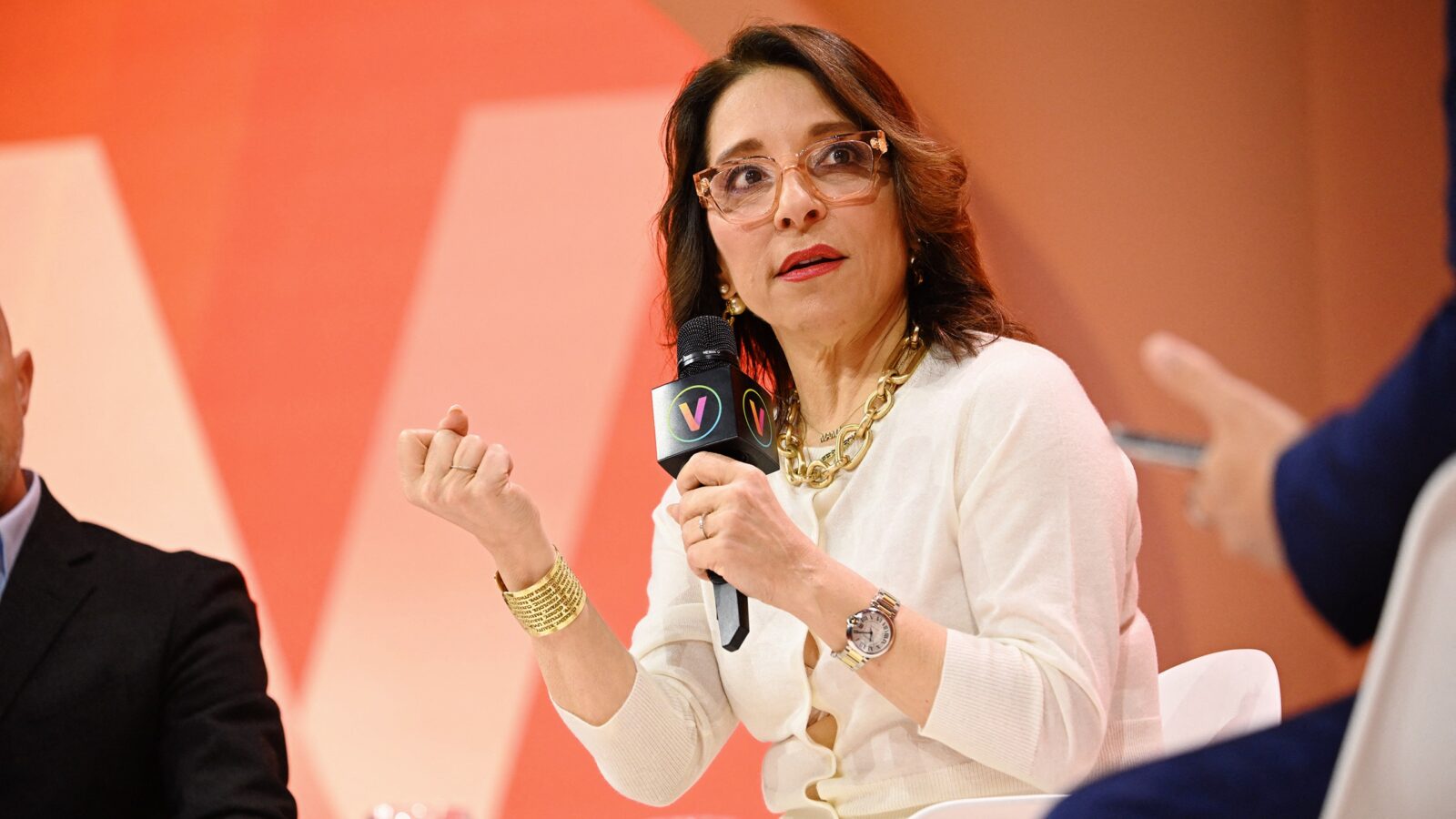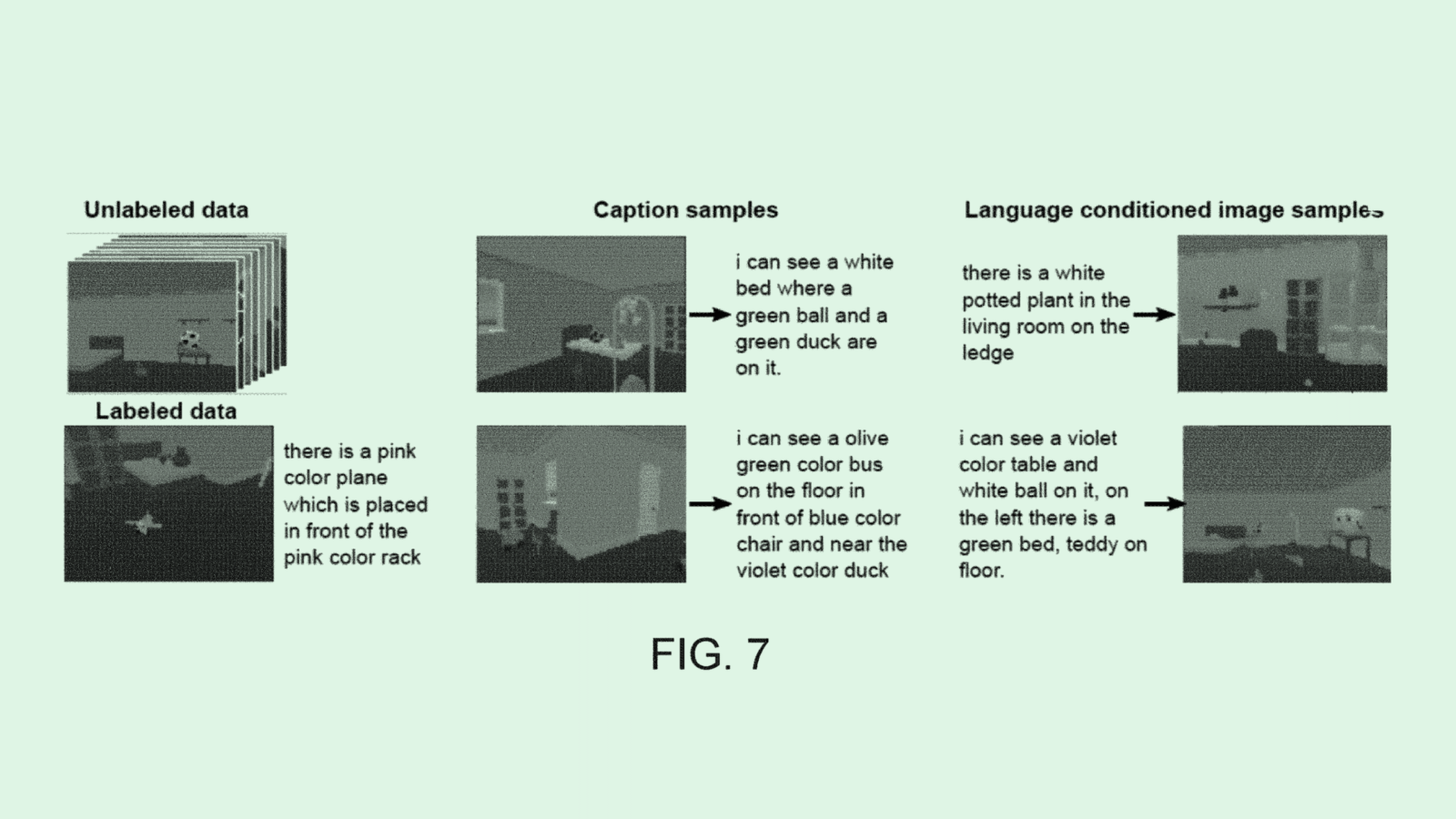Google Soars Following Gemini AI Launch
A day after Alphabet released Gemini, a new artificial intelligence platform, shares of the company jumped 5.3% on Thursday.
Sign up for smart news, insights, and analysis on the biggest financial stories of the day.
You don’t need the first-mover advantage in generative AI when you’re a $1.7 trillion company that mints money.
A day after Alphabet released Gemini — the company’s first full-bore multimodal artificial intelligence after rushing out the Bard chatbot earlier this year — shares of the company jumped 5.3% on Thursday, adding roughly $80 billion to the company’s market cap. It may also vault Google to the top of the AI game.
It’s Gemini Season
After ChatGPT took the world by storm earlier this year, Google — sensing that the Microsoft-backed platform represented a sudden threat to its long-held search dominance — launched its own Bard chatbot in February, to somewhat embarrassing results. A demonstration for investors unintentionally showcased a blunder, almost immediately blowing a $120 billion hole in the company’s market cap. Employees quickly aired concerns over the allegedly rushed launch, and an army of fact-checking contractors have detailed how difficult it is to correct Bard’s oft-bizarre responses. Meanwhile, most informal studies show its capabilities are more often than not inferior to ChatGPT.
Which may be why Google hyped the forthcoming launch of its Gemini system at its I/O Conference in May, heralding it as the result of a yearslong effort by multiple teams — an announcement that sort of tacitly admitted Bard’s inconsequence to the company. On Wednesday, Google finally kicked off its Gemini rollout:
- Google says Gemini stands apart because it’s truly multimodal, having been trained on images, video, audio, and text, making it well-suited to process information in a variety of ways (A September upgrade allowed ChatGPT to process images, and DALL-E 2 integration allows it to create images, though parent OpenAI has never stated it’s been trained on anything other than text).
- Gemini will be available in three different tiers: Ultra, due for release early next year, which Google says beats competitors in nearly all industry-standard tests; Pro, which now powers Bard and is billed as a competitor to the free version of ChatGPT; and Nano, which runs entirely on the hardware of Google Pixel phones, rather than through expensive cloud computing, marking a relative innovation in the AI space.
Too Fast, Too Furious: Google’s approach to the AI arms race may explain some of the ongoing palace intrigue over at OpenAI. According to a Wall Street Journal interview on Thursday with academic and now-resigned OpenAI board member Helen Toner, tension between the board and CEO Sam Altman first arose when Toner warned in a research paper that ChatGPT’s launch may have irresponsibly triggered a chain reaction pushing tech giants like Google to prematurely rush their own AI products to market. It all sounds uncomfortably similar to — spoilers! — the existential hand-wringing outbreak at the end of Oppenheimer.












